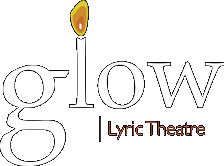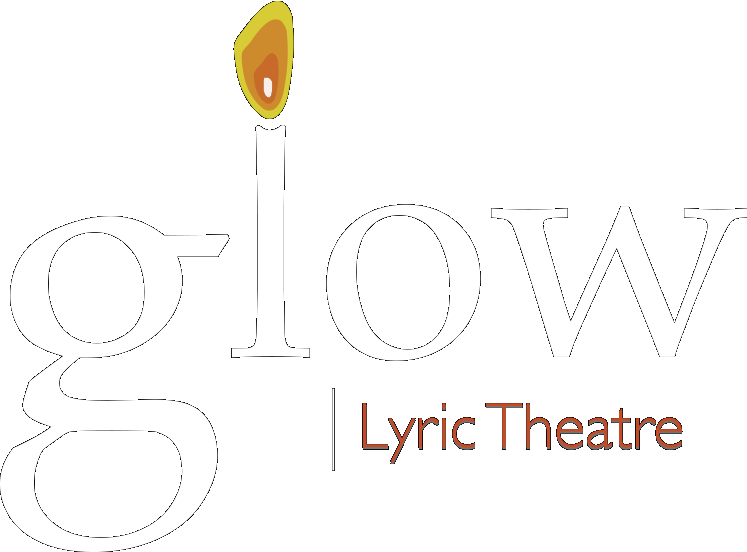CAROLINA CURTAIN CALL
BY SANDY STAGGS
DRAMA CRITIC
Life as a Puritan in 1692 Massachusetts is doldrums for certain. Why else would its residents implode over land, miscarriages, money, the church and adultery and accuse one other of witchcraft?
Discover all of this and the elaborate musicality of Glow Lyric Theatre’s presentation of “The Crucible,” which runs in repertory through Friday, July 28 with “The Gondoliers” and “HAIR” at the Fine Arts Center in Greenville.
Music Directed by Christian Elser and Directed by Jenna Tamisiea, some 32 opera singers and an exuberant 18-piece orchestra of strings, reeds and brass revel in Robert Ward’s majestically somber score and Bernard Stambler’s intelligent, faithful libretto of Arthur Miller’s 1953 iconic play about the Salem witch trials and inspired by the Red Scare during the McCarthy years. Miller himself was called by the House Committee on Un-American Activities in 1956 and convicted of contempt of Congress for refusing to reveal names.
The 1962 Pulitzer Prize winner in Music, “The Crucible” is a tragedy and a more daunting task thematically and visually than either of Glow’s other two programs that “Question Authority,” the 2017 summer festival mantra.
The story centers on the love triangle between John (baritone Jeremiah Johnson as more stoic protagonist) and Elizabeth Proctor (the world-renowned mezzo-soprano Melissa Parks in an awestruck performance with rawness and vulnerability) and his mistress and former servant Abigail Williams, sung by soprano Jeanette Simpson.
Spurned by her lover, Abigail and a group of young girls accuse Elizabeth of witchcraft, spurning a frenzy of accusations in this town and ending very badly. Let’s just say there are no fires in this production.
Johnson, who with Ms. Parks also play the married couple Duke and Duchess of Plaza Toro in “The Gondoliers,” makes a striking impression in his impactful aria, “I’ve forgotten Abigail” as he touchingly expresses his pain and conviction with aplomb.
And Ms. Simpson sings her case for love and vengeance with technical astonishment, offering John (and the audience) her path to forgiveness and redemption.
This is a fine and compelling opera work wrought with tension, and it has robust, dramatic conclusion. In addition to the outstanding soloists and duets throughout, highlights include the courtroom segment lead by the impressive stylings of Hugo Vera as Judge Danforth and a marvelous turn by soprano Macie VanNorden as the Proctor’s servant Mary Warren, who is torn between truth and survival. There is also a nicely-executed and entertaining act of defiance by the girls who all are consumed by the devil and go into convulsions. Brava, Ladies!
My only criticism is that this show almost beckons for a larger venue with a grandr set to match the breadth of the festival orchestra and the artists. And the under-utilized chorus which only sings briefly and moves props, appears as if its members want to burst out of formation at any time.
The Puritans had no sense of style and that is conveyed in every detail of the minimalist set (Henry Wilkinson’s practical and pleasing triple-show design) and Justin Hall’s dresses and doublets in modest hues of blacks, grays and browns and plentiful collars, cuffs, aprons and shoe buckles.
Kevin Frazier is lighting designer, Kerry Stroud designed the props, and Jessica Karnes is stage manager.

